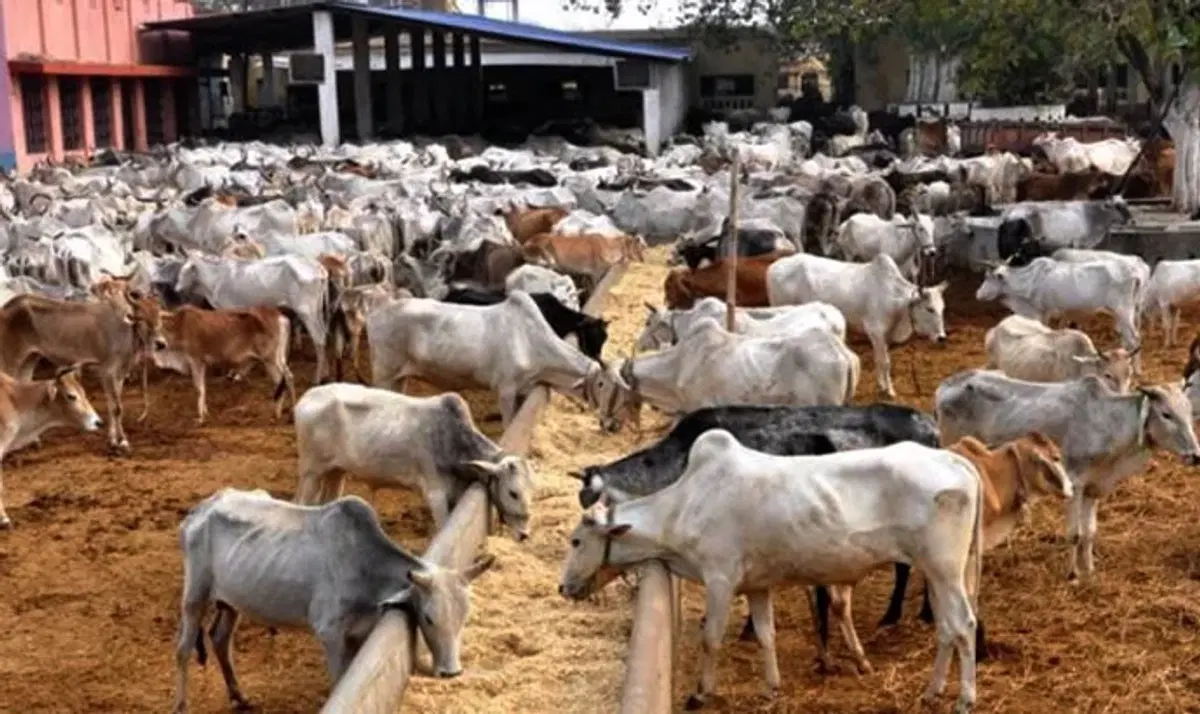As the world marks International Mangrove Day, the Hydrocarbon Pollution Remediation Project (HYPREP) has emphasised the need for continued commitment from stakeholders to ensure the long-term health and resilience of mangrove ecosystems in Ogoniland and the Niger Delta.
HYPREP Project Coordinator Prof. Nenibarini Zabbey outlined essential strategies for effective mangrove conservation, saying, Promoting sustainable practices to reduce pressure on mangroves and Empowering local communities to participate in conservation efforts will ensure the long-term health and resilience of mangrove ecosystems and securing the livelihoods of local communities and protecting the vital ecosystems for future generations.
Prof. Zabbey stressed that sustained commitment and collaborative action are crucial for restoring mangrove ecosystems, securing local livelihoods, and ensuring a resilient future for the community. He noted that the day marked a crucial occasion to raise awareness about the significance, threats, and preservation of mangrove ecosystems.
He said on their part, HYPREP is taking concrete steps to restore degraded mangroves in Ogoniland, Niger Delta. He added that with a pilot project covering 560 hectares, HYPREP aims to revitalise the region’s mangrove ecosystem, vital for coastal biodiversity, shoreline protection, climate change mitigation, and local livelihoods.
He, however, noted that HYPREP has introduced two innovative initiatives to combat the major threats to Niger Delta’s mangroves, including oil pollution, unsustainable harvesting, and climate change.
He advocated Growcoon: A sustainable alternative to single-use plastics for nursing mangrove seedlings, promoting eco-friendly practices in mangrove conservation; and Cookstove Project: Distributing cookstoves to Ogoni women, aimed at reducing dependence on mangroves for fuel and preserving the delicate ecosystem.
However, HYPREP’s efforts align with the United Nations Decade of Ecosystem Restoration, emphasising the need for collaborative action to protect and restore critical ecosystems like mangroves.












